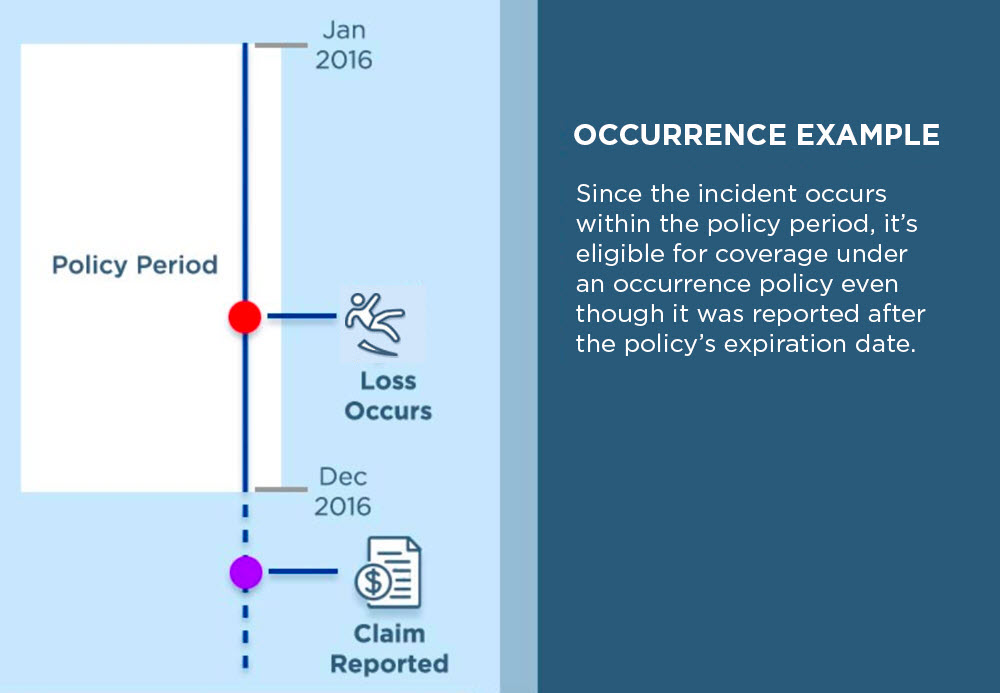The Cost of Stability: A Case Study January 07, 2022 Introduction The funding policy described in this paper is a simplified ver

Introduction to Experience Rating Kyle Vrieze, FCAS Senior Vice President, Willis Re CAS Ratemaking Seminar Cambridge, Massachusetts March 17, ppt download

Excess of Loss: Risk Attaching (RAD) Basis Vs. Loss Occurring During (LOD) Basis Vs. Claims Made Basis;
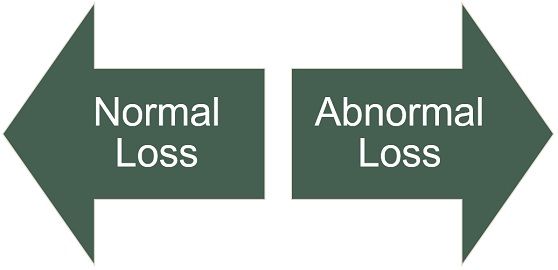
Difference Between Normal Loss and Abnormal Loss (with Abnormal Gain and Comparison Chart) - Key Differences

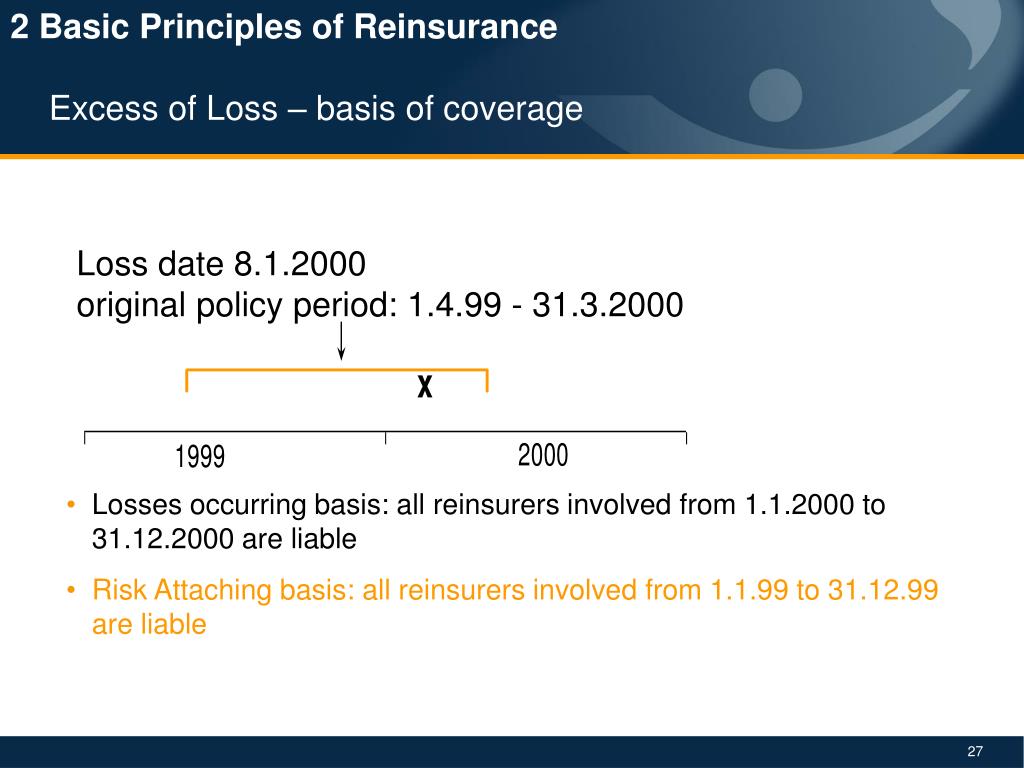
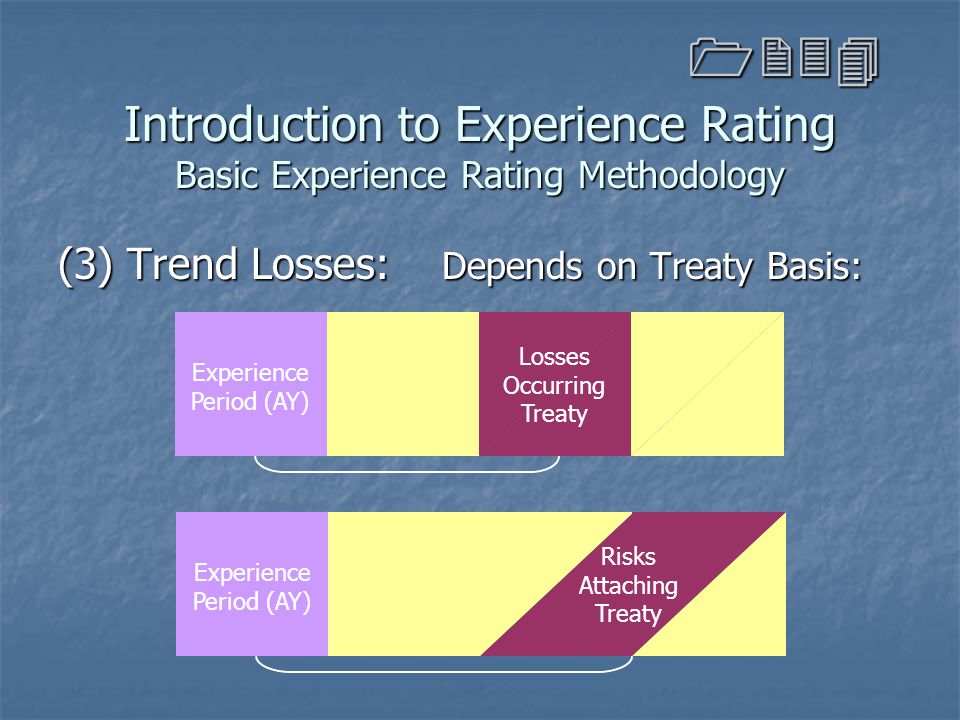


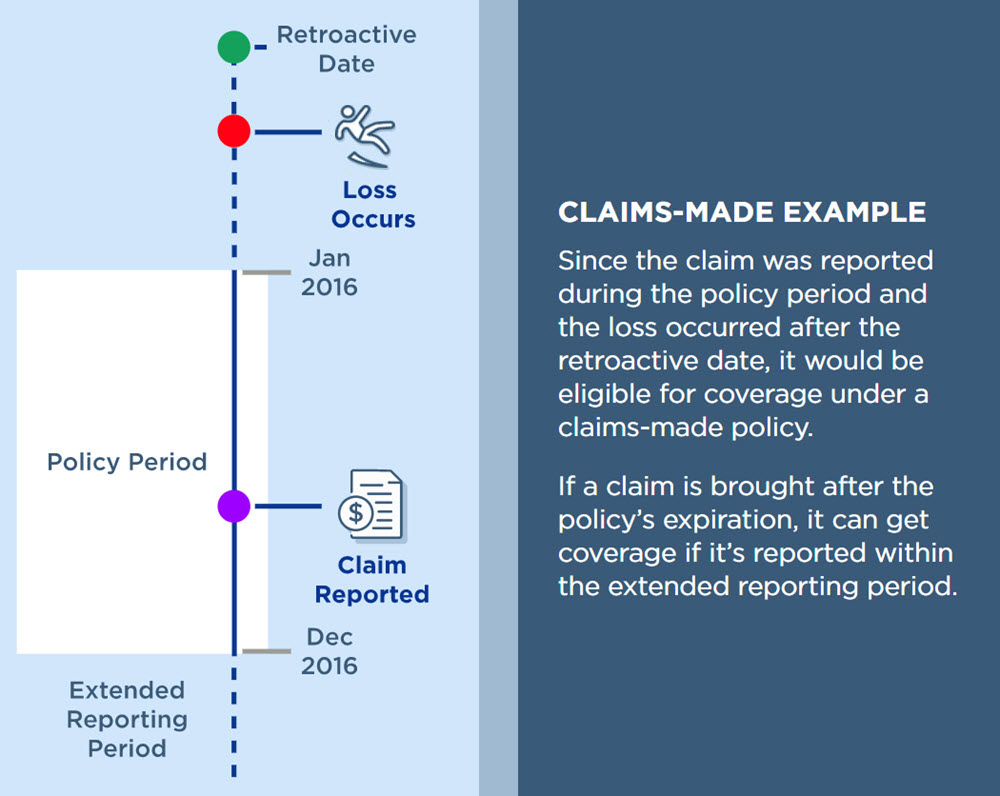
:max_bytes(150000):strip_icc()/marktomarket-8b06ff53204e47e083764e702b0e361c.jpg)
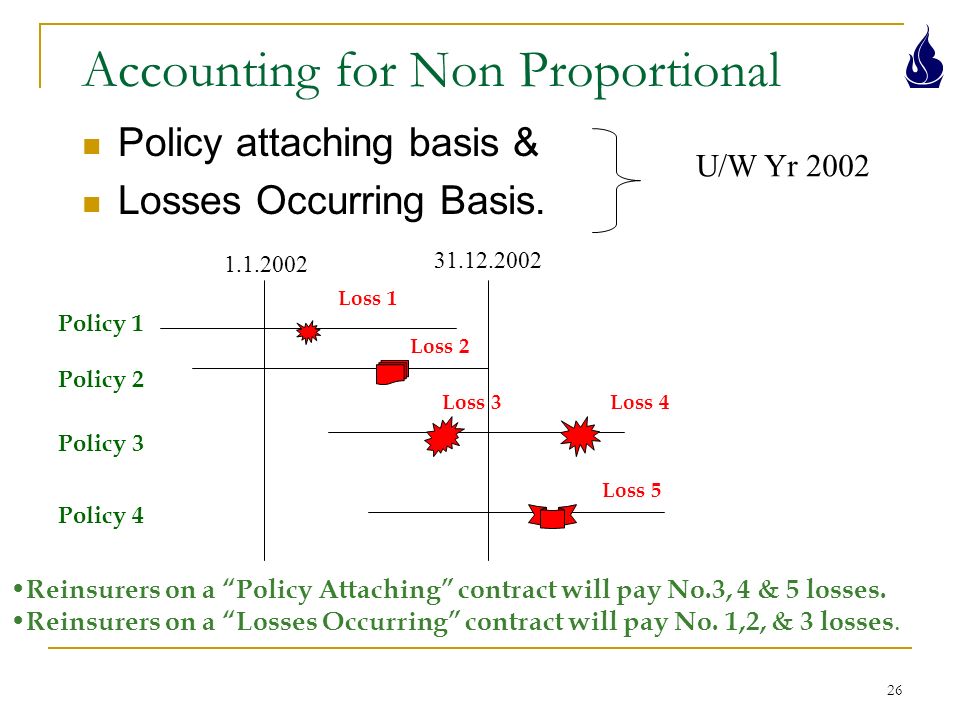

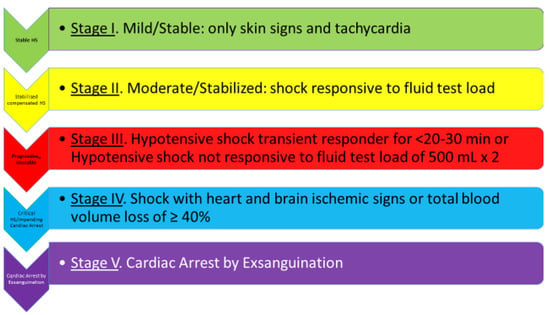
:max_bytes(150000):strip_icc()/reinsurance.asp-final-da298221a9b342d58efb513d1eb48803.png)


